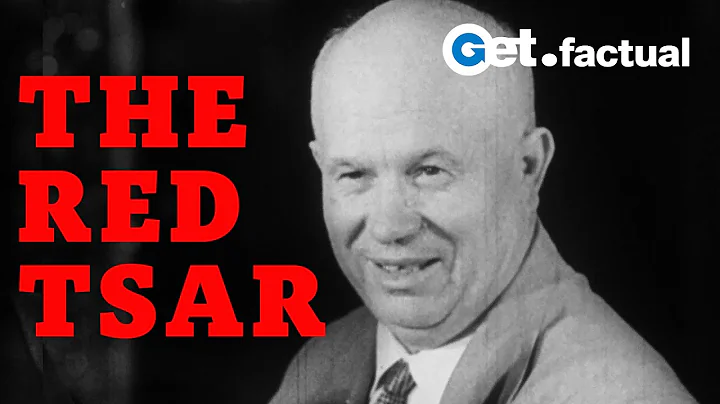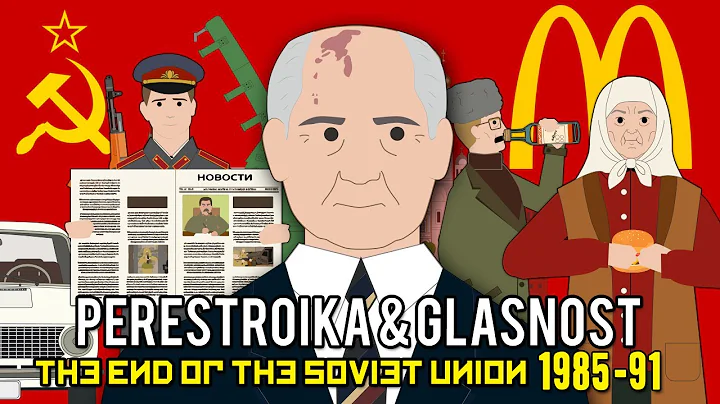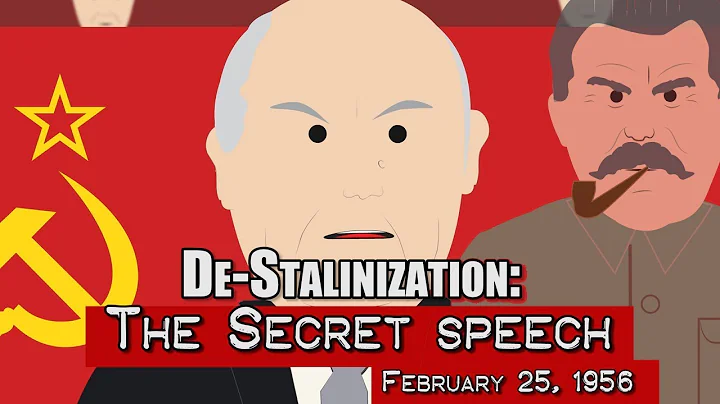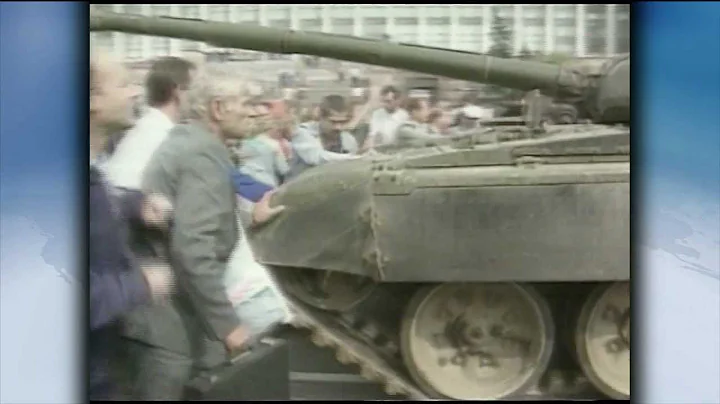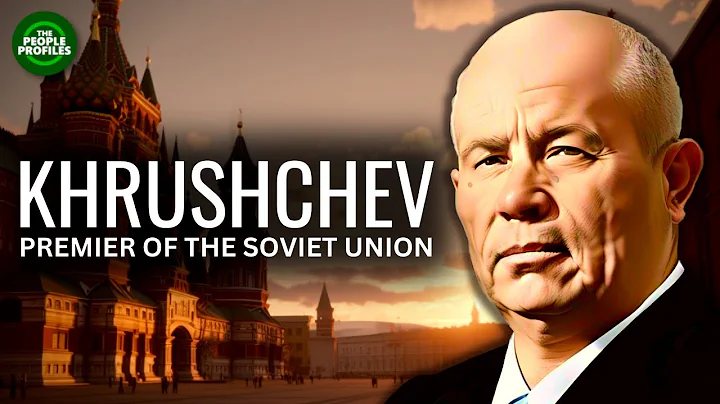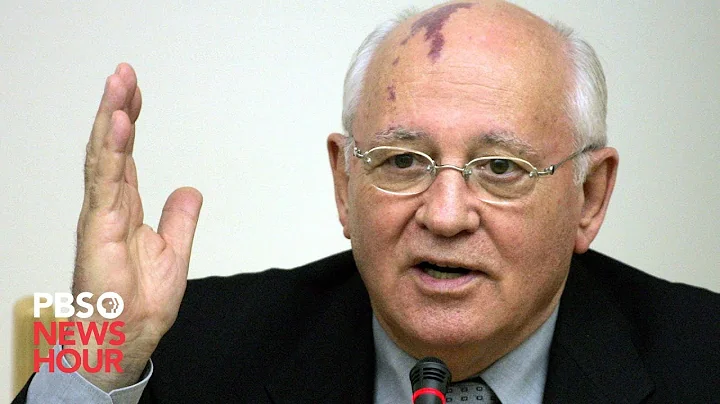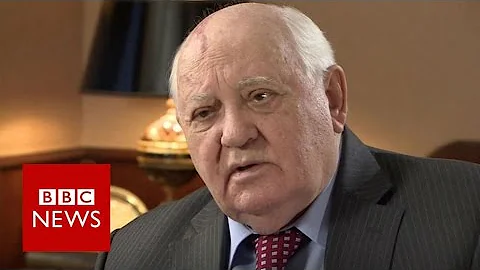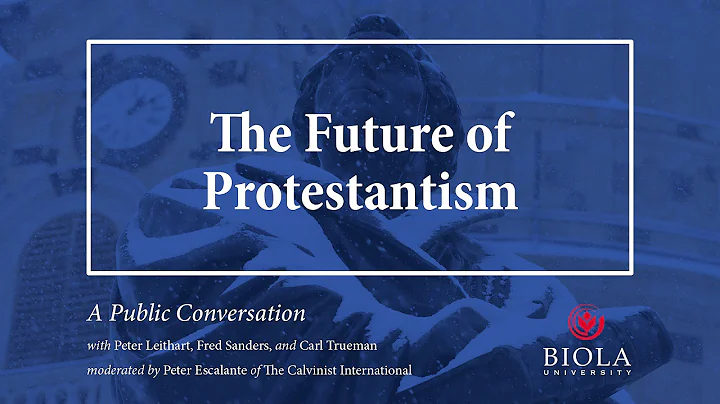The most famous reforms in the history of the Soviet Union were implemented by Khrushchev and Gorbachev. One was that the reform was unsuccessful, and the other was that the country was destroyed. Many people now approve of Khrushchev's reforms, believing that he ended the Soviet Union's closed society and promoted the development of the Soviet Union. But this is only one side. In fact, Khrushchev's reforms were not successful at all and were just a failed start.

1, background
Khrushchev was able to take over, no matter what means he used, he should actually be grateful to Stalin . Without Stalin's training, Khrushchev would not have the conditions to take over. Therefore, leaders of Khrushchev's generation were greatly influenced by Stalin.
Stalin made many mistakes. He caused serious damage to the construction of the Soviet Communist Party, especially in the selection of successors. This is a key issue. Failure to choose a successor will affect the construction and development of the Soviet Union.
It's not that Stalin didn't choose, because he thought he could live for many years, so he was not anxious about the successor. But there was a problem with this composure. Stalin died suddenly, leaving a void in the leadership of the Soviet Union. Who should
take over?
For a time, the Soviet leadership could not decide, so a three-person leadership group was formed: Khrushchev, Malenkov, and Beria. Among them, Malenkov and Beria were both direct relatives of Stalin. The two people at were once considered to be possible successors, but in the end neither succeeded.
After Stalin took over, he did not strictly follow the two basic principles set by Lenin:
One was to contact the masses, while Stalin was seriously separated from the masses. Stalin rarely went to the grassroots to understand the people's sentiments, especially in the middle and late stages of his rule. His bureaucracy was very heavy. He only listened to reports and issued orders in the Kremlin palace, and rarely understood the situation on the ground. Stalin was also blinded by the development of several big cities and had no idea about the hardship of the people at the bottom. I don’t even understand the problems of the development of the Soviet Union at that time, which focused on heavy industry and light agriculture. Even if the country becomes stronger, farmers still do not enjoy the high living standards brought about by its strength.
After the victory of World War II , Stalin even believed that he was invincible and believed that his theory was feasible. There was absolutely nothing wrong with building socialism as long as he followed his theory. This blind self-confidence laid hidden dangers for the development of the Soviet Union.

The second is to adhere to democratic centralism. Democratic centralism in the Soviet Union is the organizational principle of the Communist Party of the Soviet Union. But Stalin did not adhere to this organizational principle established by Lenin. For example, when he liquidated Trotsky and others, he destroyed this organizational principle.
During the Stalin period, some party members did not tell the truth, and lower-level party members did not dare to question the leadership, speak on party issues, or put forward opinions on some development issues. Therefore, leading cadres during the Stalin period no longer heard criticism and suggestions.
As the saying goes, "what goes up leads to deeds." Stalin destroyed Lenin's party-building principles, which caused a serious "contagion" effect. Many cadres learned from each other and imitated Stalin. Excellent and principled cadres were not reused, so some opportunistic cadres appeared. These people are loyal on the surface but have their own thoughts on the inside. Khrushchev also appeared at this time. Cadres like Khrushchev, who themselves did not have high theoretical literacy , were reused as long as they were obedient to Stalin. If Lenin were alive, cadres like Khrushchev would have been eliminated long ago.
2, reform
Stalin’s problems were all shared by Khrushchev. This is not Khrushchev’s fault. They were cadres trained by Stalin and must have Stalin’s characteristics.
After Khrushchev entered the "Three Group", he used the party-building principles of the Communist Party of the Soviet Union to play the role of party leader. He also used the method Stalin used to deal with Trotsky, killed Beria, and eventually became the leader of the Soviet Union.
After killing Beria, there is another Malenkov. In Khrushchev's eyes, Malenkov was more aggressive, and Khrushchev defeated Malenkov without any effort. But Malenkov was not willing to fail. He and some Soviet elders tried to use the "multi-person meeting" principle to kill Khrushchev, but failed. In the end, Zhukov's "savior" succeeded.

After Khrushchev came to power through a series of struggles, he began to deny the affairs of his predecessor Stalin. Before the 20th Party Congress of the Soviet Union, Khrushchev had people collect a lot of "black material" on Stalin. Before the meeting, he formed a "Secret Report", this report completely denied Stalin's achievements and described him as a worthless leader.
denied Stalin, but Khrushchev could not come up with a new theory. His theoretical level is limited and he cannot achieve theoretical innovation. For example, Khrushchev created a "National People's Party". This bullshit theory is obviously not what Marxism-Leninism advocates.
If Lenin were still alive, people like Khrushchev would have been expelled from the party long ago. Theoretical literacy is too poor, and this difference is caused by Stalin.
Those capable and theoretically literate people had long been liquidated by Stalin, and it was precisely people like Khrushchev who remained. These people have low theoretical literacy, but their playing style is rough, short and fast. Khrushchev's denial of Stalin was a short-term and quick move. Since then, denying Stalin can lead to reform and promote the development of the Soviet Union. But it brings huge hidden dangers.
Khrushchev's reform can be said to be just tinkering, because his theoretical quality was not high and he could not analyze the deep-seated problems in the Soviet Union, so he could not carry out deep-seated reforms. At most, he could only treat headaches and footaches. Superficial problems like feet.

Khrushchev was known as the "Corn Emperor". He was competing with corn at that time and wanted to increase the Soviet Union's grain output through corn planting. But in terms of planting, Khrushchev did not plant scientifically and did not plant food according to the land. He blindly promoted corn planting. Some areas across the country that were not suitable for planting were also planted with corn, causing many problems.
Khrushchev's corn cultivation was ultimately unsuccessful, and he returned to the path of developing heavy industry in the Soviet Union.
It would be an injustice to say that Khrushchev did not reform at all. Khrushchev denied Stalin and released the dissidents. However, the dissident elements were not grateful to the Soviet Communist Party and eventually formed an anti-Russian trend.
3. Reason
Khrushchev's reforms were not successful and caused great confusion in the development of Warsaw Pact countries. Some countries did not know how to develop?
This series of reforms caused a lot of hidden problems for the Soviet Union, and also formed the Soviet Union's "Twenties Born" and "People of the Sixties". Gorbachev belonged to this generation.
Khrushchev’s reforms were too short, and many of the reform goals were not achieved and were abandoned halfway.
The reason why Khrushchev's reforms were unsuccessful was mainly due to the mentioned above. Khrushchev's theoretical cultivation was too low, and he was unable to use new theories to solve problems in the development of the Soviet Union.

Although Stalin also made mistakes, Stalin systematically studied Marxism-Leninism and had unique insights into the development of the Soviet Union. His theory can support the Soviet Union to move forward. But Khrushchev only looked at the superficial problems and did not realize that there were problems in the Soviet Union, let alone put forward theoretical insights.
Mao Zedong saw Khrushchev very accurately and thought he was naive. In 1959, Mao Zedong wrote in a speech on the international situation: " He does not understand Marxism-Leninism and is easily deceived by imperialism. He does not understand that China has reached its extremes, does not study it, and believes in a lot of incorrect ideas." Intelligence, nonsense. If not corrected, he will be completely bankrupt in a few years." Sure enough, five years later, in 1964, Khrushchev stepped down. The
picture comes from the Internet, and the copyright belongs to the original author.
